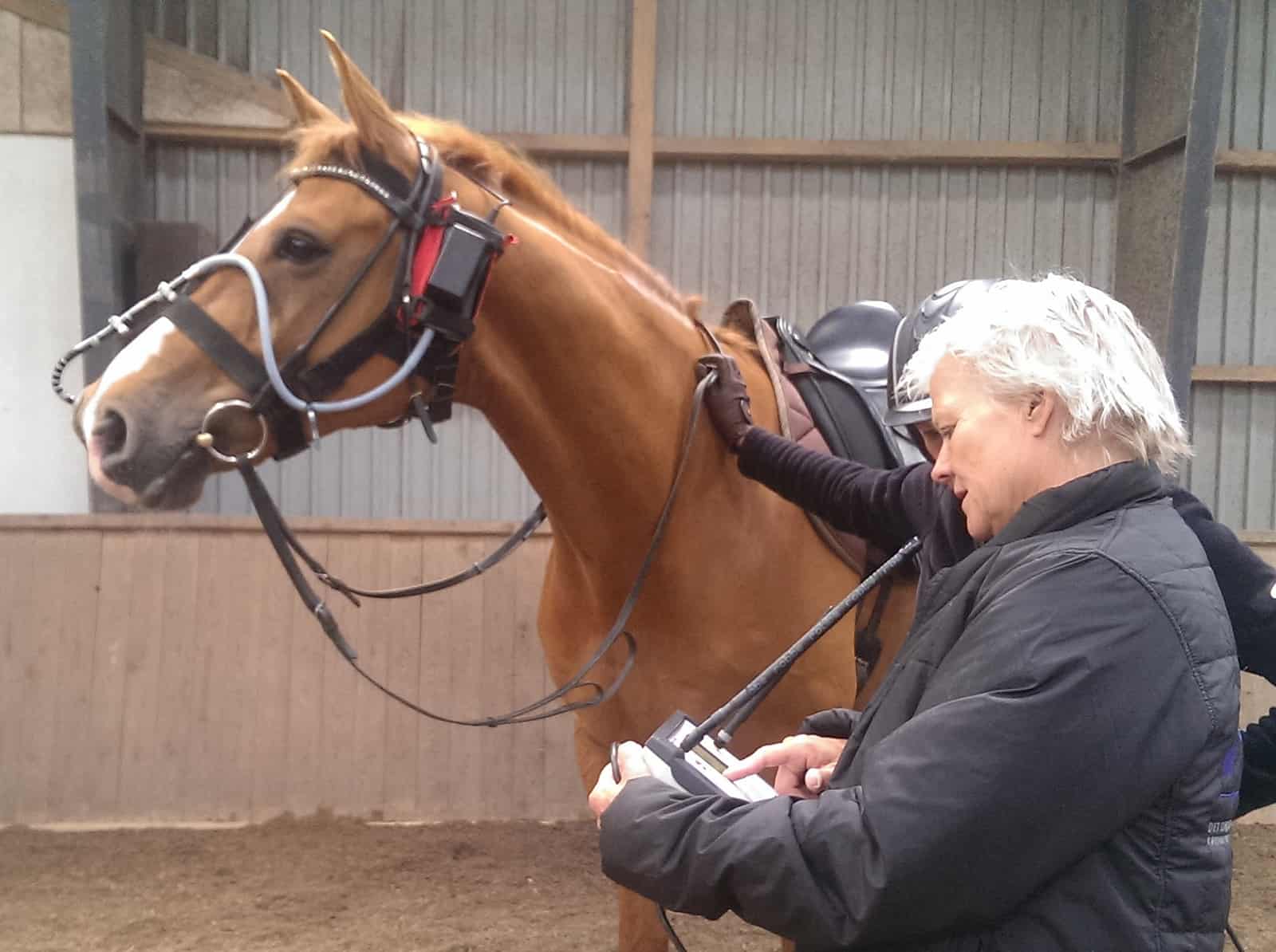Equine Upper Airway Noise: What Does it Mean?

A guide to your horse’s roaring and whistling, gurgling and fluttering
He’s a head-turner all right. Every time he laps the arena, he captures the attention of anyone around—or, more precisely, anyone within earshot.
Horses that roar, whistle, gurgle, or make any other kind of repetitive and seemingly involuntary noise from the nose and throat grab attention, and not in a good way. Those sounds aren’t just distracting or annoying; they can also spell trouble. Noisy breathing often means compromised breathing, due to a blockage in the upper airways that inhibits proper airflow.
Though it can, rarely, resolve on its own, airway noise always merits investigation, our sources say. Without treatment, affected horses will likely face ongoing—and in some cases progressively worsening—health and performance constraints TheHorse.com is home to thousands of free articles about horse health care. In order to access some of our exclusive free content, you must be signed into TheHorse.com. Already have an account?Create a free account with TheHorse.com to view this content.
Start your free account today!
and continue reading.

Written by:
Christa Lesté-Lasserre, MA
Related Articles
Stay on top of the most recent Horse Health news with















